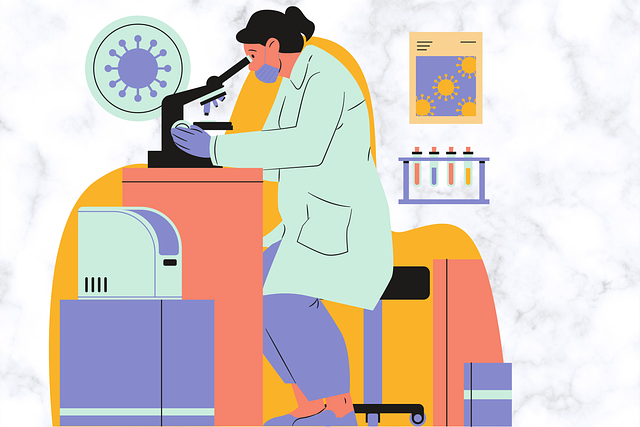One dose of a Covid-19 vaccine could act as ‘booster’ in people who have previously been diagnosed with the virus

New research published today shows that people who previously had a mild form of Covid-19 have a better antibody response following a single dose of vaccine than people who haven’t previously been infected.
The study, published in a letter to The Lancet, involved 51 UK healthcare workers, around half of whom were previously confirmed as having Covid-19. It is part of COVIDsortium*, a long-term study of UK healthcare staff that started in March 2020.
Led by Professor James Moon, a consultant at Barts Health NHS Trust, and funded by Barts Charity, the study is a collaboration between researchers at Barts Health NHS Trust, Royal Free London NHS Foundation Trust, University College London, Public Health England, Queen Mary University of London and Imperial College London.
In the study, everyone was given a single dose of the Pfizer BioNTech Covid-19 vaccine. The researchers looked at the increase in antibody levels before and after vaccination, and compared them between people who had previously been diagnosed with Covid-19 and those who hadn’t.
They found that people who had previously been diagnosed with a mild form of Covid-19 produced 140 times more antibodies after just one dose of vaccine than those who had never tested positive for the virus. In fact, these levels were more than 10 times higher than the levels seen after both vaccine doses in people who had not previously been infected.
They also found that, for those people who had not been infected, their antibody levels after one dose of vaccine were similar to those seen in people with mild Covid-19 while they were infected.
Professor James Moon says: “We have shown that a single dose of Covid-19 vaccine in people with a mild form of the disease can cause a massive antibody response. This deepens our understanding of the virus and how to tackle it, and may help the development of vaccination strategies in the future. I would like to thank the 500 Barts Health staff who have participated in the COVIDsortium study and the 51 who participated in this study in particular. Without them, we couldn’t do this research.”
These are interesting, important findings that add to the emerging picture of Covid-19 immunology and vaccines. In future, they may help inform strategies for prioritising vaccines where supply is limited – particularly overseas. However, because this is a small study, the results should be interpreted with caution. People should still follow guidance and get a second dose of a Covid-19 vaccine when it is their time to do so.
It’s also important to note that these findings relate to people with laboratory-confirmed Covid-19 only, and do not take into account variables such as the amount of virus which caused the initial infection, participants age, detailed health status or the severity of their infection.
And, because this study was restricted to the Pfizer/BioNTech mRNA vaccine, in a small group of healthcare workers, at this stage it cannot be applied more generally to other groups – such as older adults, people with underlying health conditions – or to other vaccines.
Based on these results, the researchers suggest that, in future, prior to receiving a vaccine against the virus, people’s Covid-19 antibody levels could be tested. If their antibodies are above a certain level, that individual could then be given just one dose, while people with lower levels would receive a second.
This approach could help make the most of precious vaccine supplies, stretching them further. However, there is a long way to go and more research to be done, before this becomes a reality.
